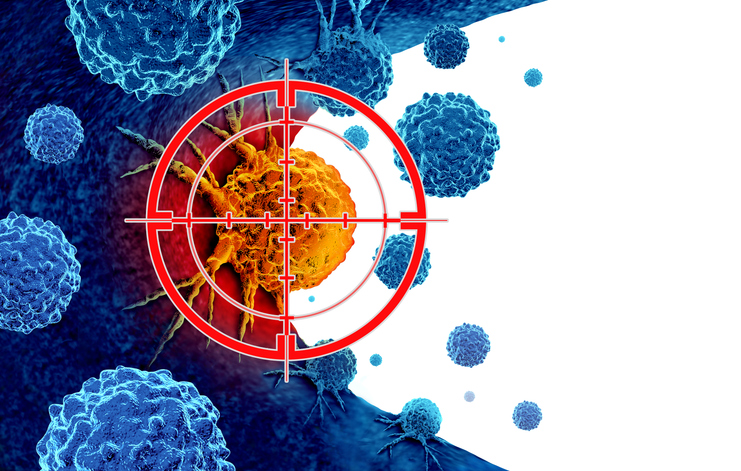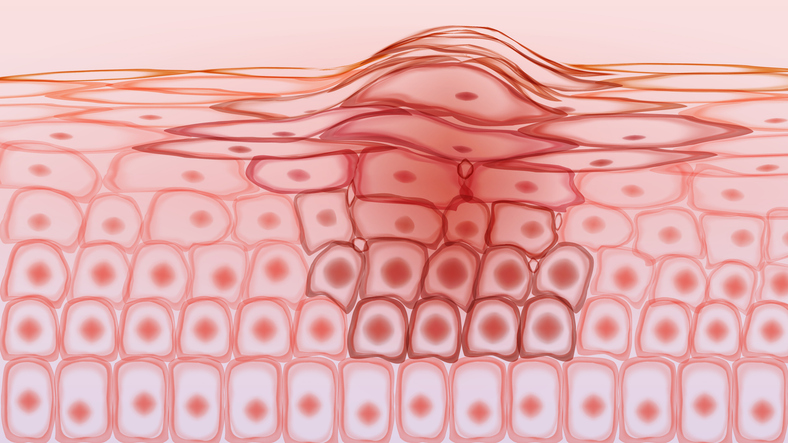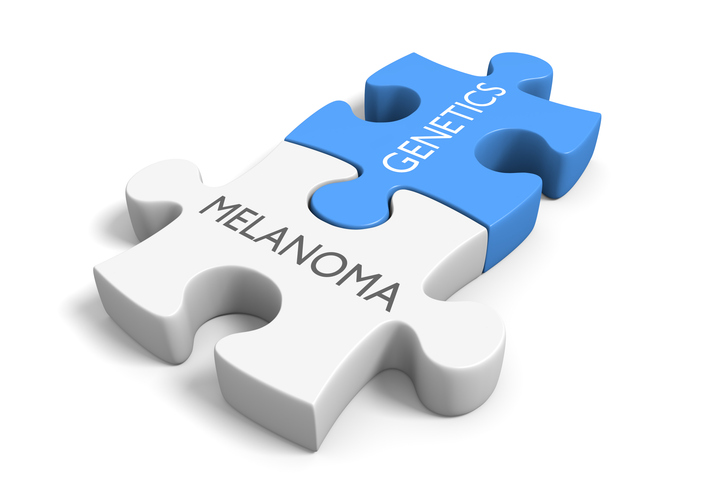
New research led by the Medical University of Vienna has uncovered a combination therapy that shows promising results in melanoma and breast cancer models. The findings were published in Nature Cancer.
Immunotherapies have had tremendous success in the treatment and cure of a wide range of cancers. Despite the benefits, these therapies are ineffective for some patients. Therefore, in a preclinical study, Maria Sibilia, Head of the Center for Cancer Research at the Medical University of Vienna, analyzed the effects of a combination immunotherapy consisting of systemic administration of the tissue hormone interferon (IFN)-I and local imiquimod therapy. To conduct the analysis, the researchers employed various preclinical mouse tumor models of melanoma and breast cancer, respectively.
The study findings showed that oral imiquimod stimulates pDCs to produce the tissue hormone IFN-I. Specifically, they sensitized other dendritic cells and macrophages in the tumor environment to topical imiquimod therapy, thereby inhibiting the formation of new blood vessels via the cytokine IL12 leading to the death of tumor cells. The researchers noted the combination immunotherapy not only had an effect on the treated tumors, but also reduced the formation of distant metastases.
“These findings illustrate that the combination of systemic treatment with imiquimod or IFN-I and topical therapy with imiquimod has the potential to expand treatment options for patients and improve therapy outcomes in locally accessible tumors such as melanoma or breast cancer,” said Maria Sibilia.
Martina Sanlorenzo, dermato-oncologist at MedUni Vienna and co-first author of the study added that “Our aim is to continue developing immunotherapeutic strategies in order to improve the long-term prospects for patients who are not yet responding well to these agents. As systemic interferon is a well-known cancer therapy and dendritic cells are activated in a similar way to our preclinical models, we believe that the new combination therapy can show an effect in patients.”







 © 2025 Mashup Media, LLC, a Formedics Property. All Rights Reserved.
© 2025 Mashup Media, LLC, a Formedics Property. All Rights Reserved.